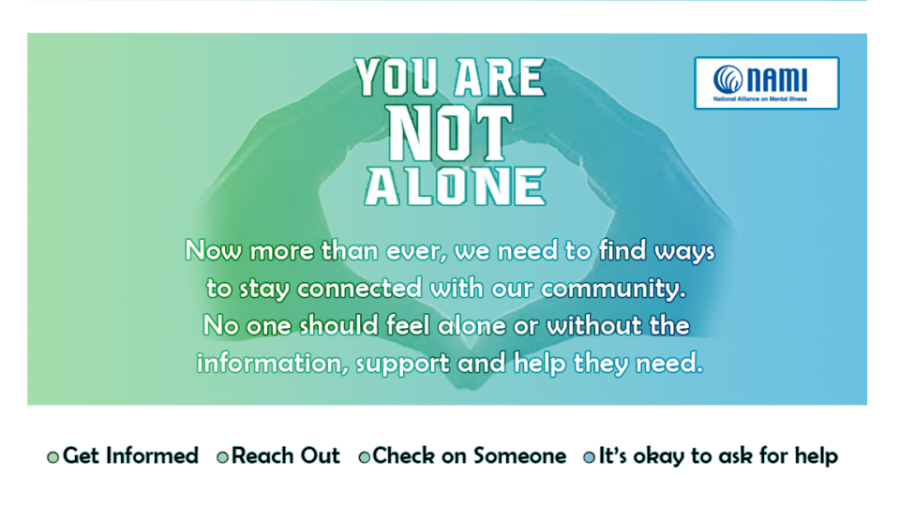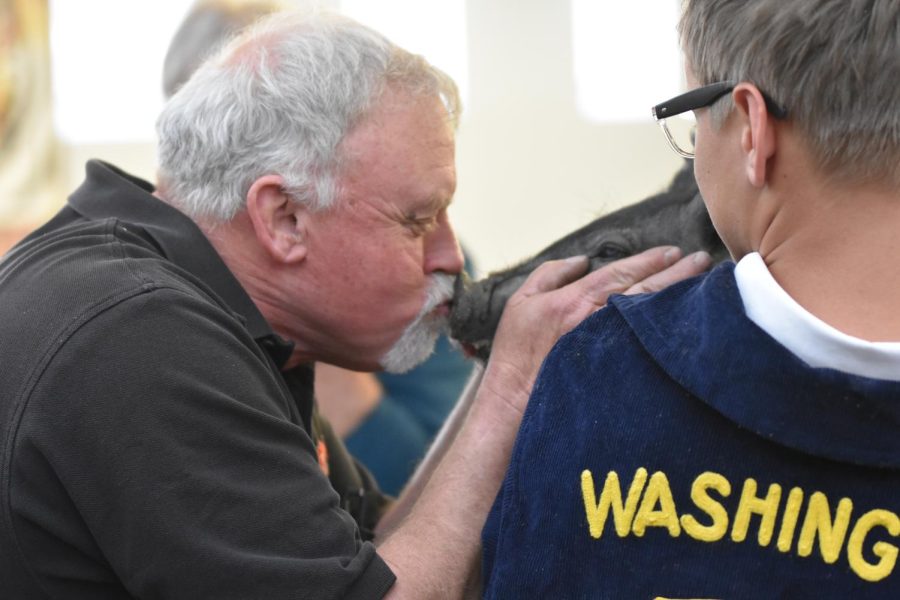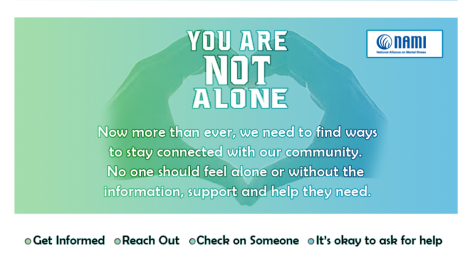Good Luck With That
January 21, 2022
Some sports superstitions are stranger than others. Players and fans both have their own ways of voiding bad luck. For example, Olympic soccer player, Alex Morgan, has worn a pink headband for all her games since she was young. Michael Jordan was known for wearing his blue University of North Carolina shorts under his uniform for every game. Professional tennis player Serena Williams is one of the most superstitious athletes, having four routine habits she performs before every match: showing up in her shower sandals, tying her shoes a certain way and then continuing into the match, bouncing the ball five times before the first serve and twice before the second.
Superstitions are usually developed in hindsight, often beginning with a first big win or significant performance. Recently I asked a close relative of mine Nick Moore about his superstition experience because I knew he went a long way in his high school football career. He shared “My mom came to everyone one of my games until one my Junior year, and that same game I finished with bruises all of my body from the abnormal hits I had taken.” He thinks that this was all because his mom missed her son’s first game in 8 years. When you see some of the practices and skills it takes for certain athletes to accel at their sports, it is no wonder they are weak for their emblematic rituals. Some will even go as far as saying that you are onto worse luck if you don’t have a superstitious belief yourself.
When you see some of the practices and skills it takes for certain athletes to accel at their sports, it is no wonder they are weak for their emblematic rituals. Some will even go as far as saying that you are onto worse luck if you don’t have a superstitious belief yourself.
Now you may be asking; Why do we believe the unbelievable? Well, there are several ways to prove that superstitions relieve anxiety. Some can have a soothing effect and this is why they can be carried for years from generation to generation. An article, appearing in the International Journal of Psychology and Behavioral Sciences states that “Superstitions have their roots on our ancestors; survival of our ancestors was threatened by ancestors..”. As a result, these superstitions have evolved to create a false sense of control over things out of reach.
There is little we can do in this day and age research-wise to prove superstitions work. Social cognition expert Juliana Schroeder held an experiment to try and prove these silly beliefs. Participants who joined the practice had one minute to write down their feelings, draw a circle around it, sprinkle salt on the piece of paper, and crumple it up. After that, they were told to wait for one minute. The results of this trial even amazed Schroeder herself. After the minute of evaluation, partakers reported feeling less anxious about their feelings, along with normalized, controlled heart rates. The superstition worked.
Even if you are a considerably superstitious person, you probably say ‘bless you’ after someone sneezes or winced when someone receives #13 on a jersey. Either way, a game full of ‘bad luck’ might be because you didn’t tie your shoes the same way you always do. Or possibly because you walked past that black cat on your way to school. Superstitions may never be your thing, but if that’s the case… good luck with that.







































